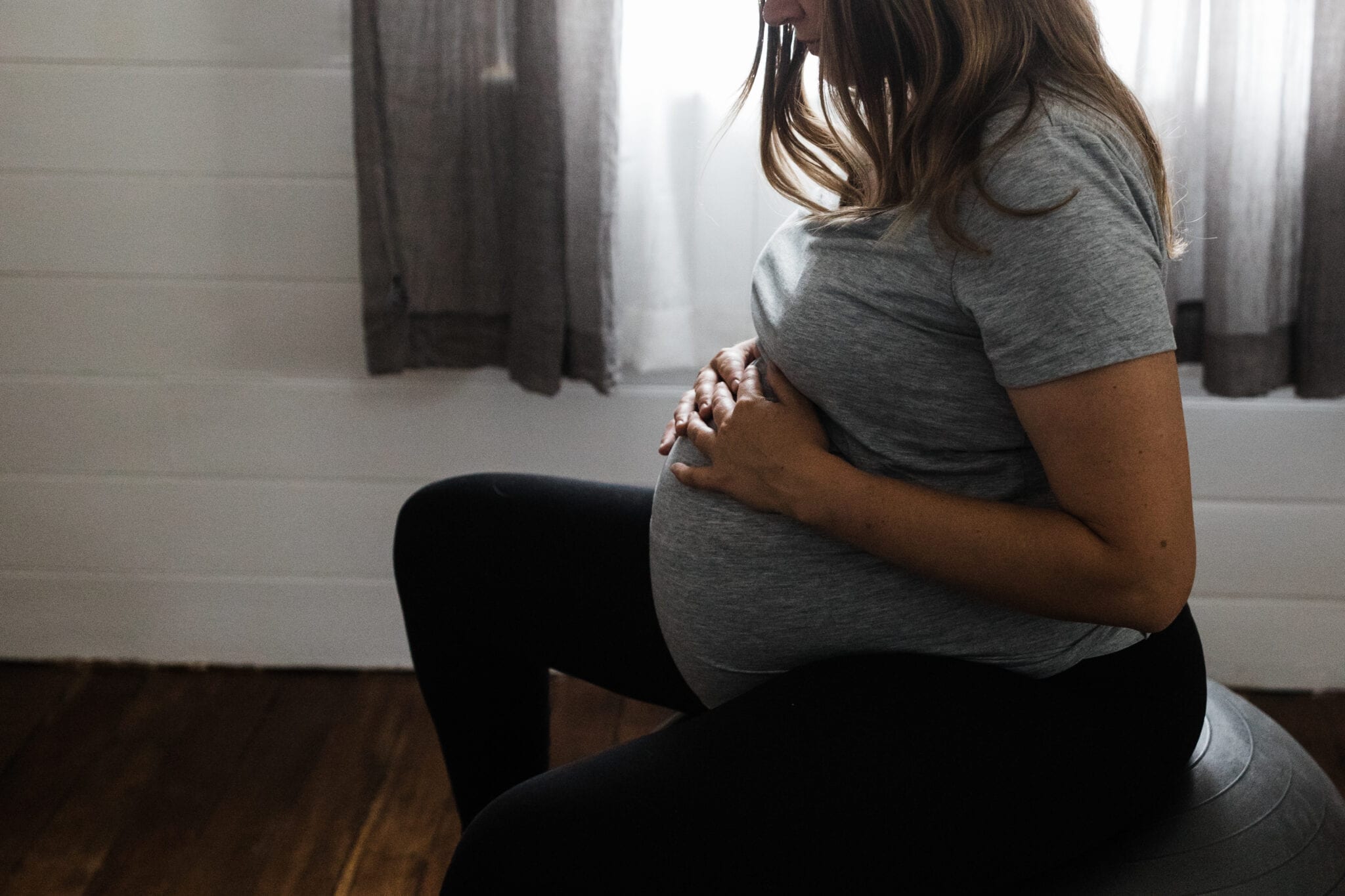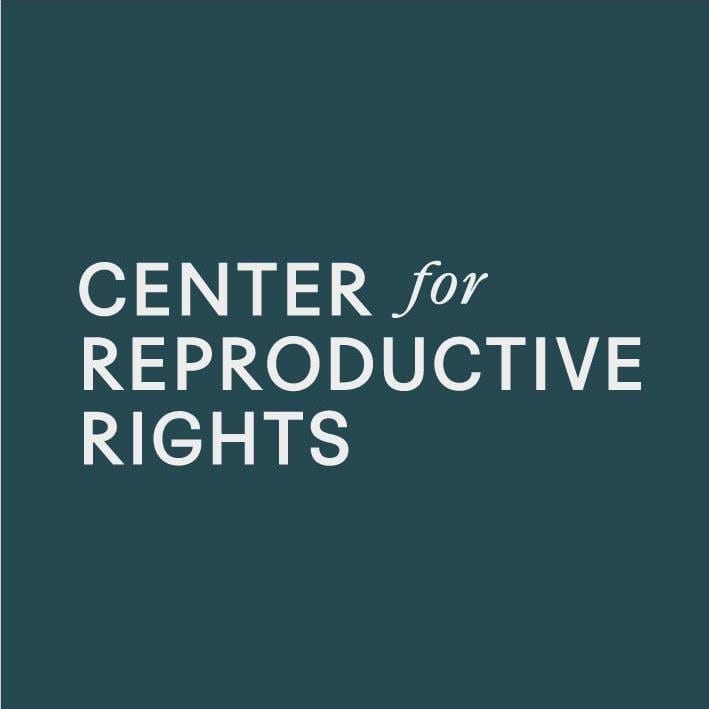HHS Finalizes Rule to Support Reproductive Health Care Privacy
Office for Civil Rights publishes highly anticipated regulation which clarifies federal privacy protections afforded to reproductive health information under HIPAA.

The Office for Civil Rights (OCR) within the Department of Health and Human Services (HHS) today finalized updates to the Health Insurance Portability and Accountability Act (HIPAA) Privacy Rule, adding specific protections for personal health information related to reproductive care.
The rule—which goes into effect June 25—puts nationwide restrictions on law enforcement’s ability to obtain reproductive health data from doctors, including data on pregnancy, abortion, and contraception care. OCR’s actions demonstrate the Administration’s commitment to protecting the privacy rights of people who seek necessary medical care, when and where they need it.
Since 2022, as more and more people have had to cross state borders to get reproductive care, the risk of criminalization based on cross-state health data has grown significantly. Patients fear that anyone who has access to their medical records could potentially report them to authorities for obtaining care. Indeed, research shows that unnecessary reporting by health care providers is frequently the driver for the criminalization of pregnant people. A strong rule was urgently needed to protect patients and health care providers at a time when basic health care is increasingly criminalized.
“We applaud HHS for taking this significant step to protect the health information of people who are simply trying to get care,” said Liz McCaman Taylor, senior federal policy counsel at the Center for Reproductive Rights. “Reproductive care, including abortion, is essential health care and a human right. We appreciate the Department’s recognition that it is vital to protect access to this care and that the increasing criminalization and stigmatization of this care does and will continue to result in adverse public health outcomes.”
The Center commented on the HIPAA Privacy Rule when changes were proposed last year. The comment specifically recommended that HHS include a presumption that reproductive care was lawfully obtained. Notably, the Center’s suggestion of a lawfulness presumption was directly incorporated into the final rule text; this is critical because uncertainty over the legal status of care provided elsewhere may lead to inappropriate reporting and disclosures.
More news.
New Federal Regulation Entitles Employees to Time Off for Pregnancy Related Medical Conditions, Including Abortion Care
Guidance expands the Pregnant Workers Fairness Act. which requires accommodations to qualified employees for the entire period of their pregnancy.
Privacy Concerns Heightened Post-Dobbs
The Supreme Court’s 2022 decision in Dobbs v. Jackson Women’s Health Organization, which overturned Roe v. Wade and eliminated the federal constitutional right to abortion, has had a devastating impact on abortion access in an already challenging landscape. The final Privacy Rule comes at a critical time, when abortion care is increasingly criminalized across the country and patients must now more than ever be able to trust that their providers will keep their medical information private.
Alarmingly, low-income, Black, and Brown women comprise the majority of people subjected to criminal proceedings arising from their pregnancies—a significant disparity when compared to their white counterparts. Communities that frequently experience discrimination in health care already have a deficit of trust in the health care system and are also more likely to be targeted for surveillance and investigations. For example, last year a Black Ohio woman, Brittany Watts, was charged with a felony when a health care provider reported her after she miscarried at home.
“Health care providers should never be in a position of policing and reporting on their patients,” added McCaman Taylor. “The final Privacy Rule rightly recognizes the changes to the health care landscape post-Dobbs and that the patient-provider relationship is at serious risk due to the criminalization of care.”
Protecting health information from inappropriate disclosure is an important step to rebuilding trust between patients and providers, and the HIPAA Privacy Rule is a vital tool to prevent the reporting criminalization and harassment of patients when they are seeking care. “We look forward to working with the Administration to ensure that patients, providers, and advocates are educated on the rule’s protections, and that actionable complaints are appropriately resolved,” said McCaman Taylor.
Read more.
Read the Center’s full comment, which highlighted potential implications for young people and others seeking or having accessed sexual and reproductive health services:




